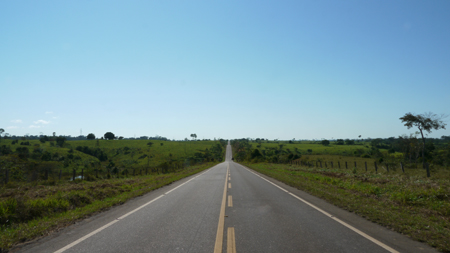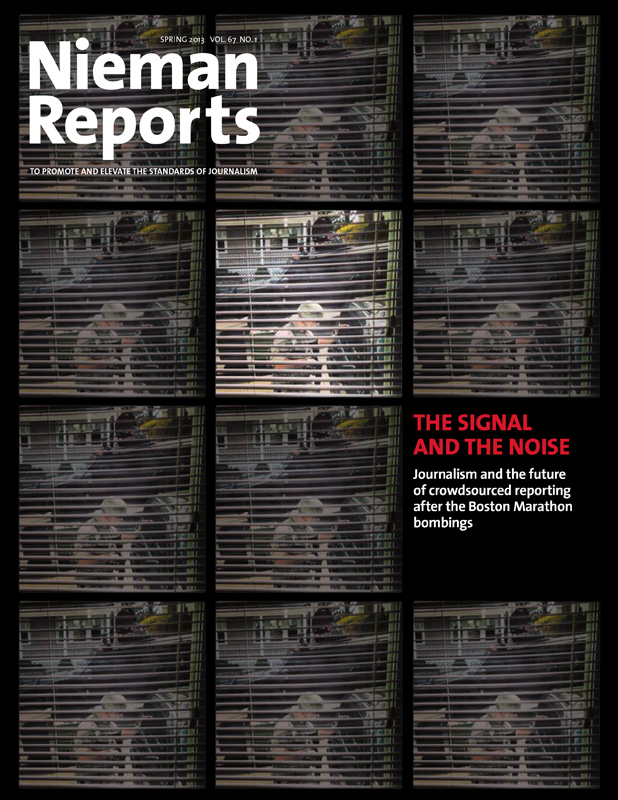
Pastureland has replaced rainforest along this stretch of the Interoceanic Highway in Brazil. Photo courtesy of CONNECTAS
“Who in Latin America would be interested in transnational journalism?” was a question raised during the first round of fundraising for CONNECTAS, the Latin American media platform I developed as a Nieman Fellow in 2012. “I know about local, national and international journalism,” said one skeptic, drawing each on a piece of paper as a separate circle. “But I don’t see transnational journalism. Probably it doesn’t exist.” I took his pen and drew a line that intersected each circle: “There it is.”
CONNECTAS is fueled by my belief that the broad dissemination throughout Latin America of solid journalism on key development issues can help improve the quality of life. Each milestone in the project has confirmed that there is a market for journalism on transnational issues in the Americas. The first test was the Kickstarter campaign that attracted 73 donors and exceeded its target of $3,500 by 15 percent in 20 days. This support made it possible to publish in Spanish, Portuguese and English a multimedia report on a subject that had been undercovered. “The Jungle Highway” examined the social and environmental impact of the first highway to cross the once inhospitable Amazon region of Peru, Bolivia and Brazil. It was published in two daily papers, one magazine, and six websites and has received more than 330,000 page views from 103 countries.
For its second report, CONNECTAS has partnered with the Boston-based New England Center for Investigative Reporting. Venezuelan journalist Emilia Díaz-Struck led an investigation into the ethanol market in the United States, Brazil, Colombia and Peru to identify the “czars” of this industry and explain how the political maneuvering to secure their business interests is as important as the time and energy devoted to their crops.
Latin America in some ways is in an enviable position today. Economic growth has outpaced the world average for the past nine years though the region remains one of the most unequal in the world in terms of income distribution. Yet the region’s shared history and culture make it feasible to work together across national boundaries. And working together on infrastructure, energy, technology, environment and telecommunications issues is crucial for bringing about change.
New partnerships are being cultivated to move CONNECTAS forward in its goal of connecting the Americas through journalism that crosses borders. Among the projects in the works is a series of reports on Central America that will be prepared in partnership with the International Center for Journalists, based in Washington, D.C.



